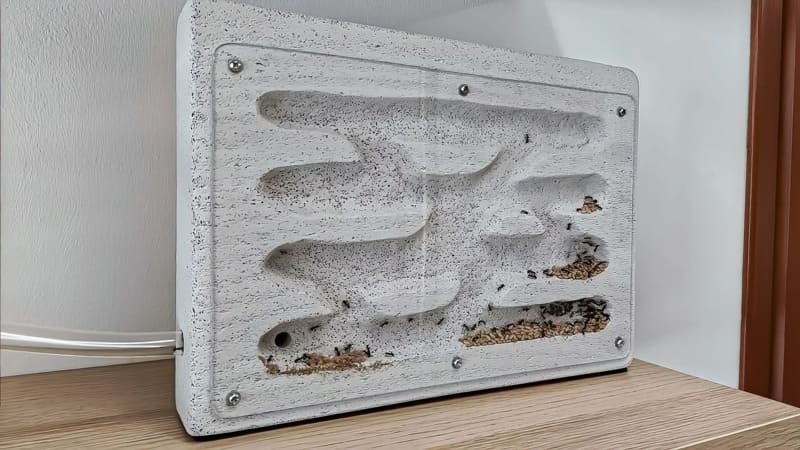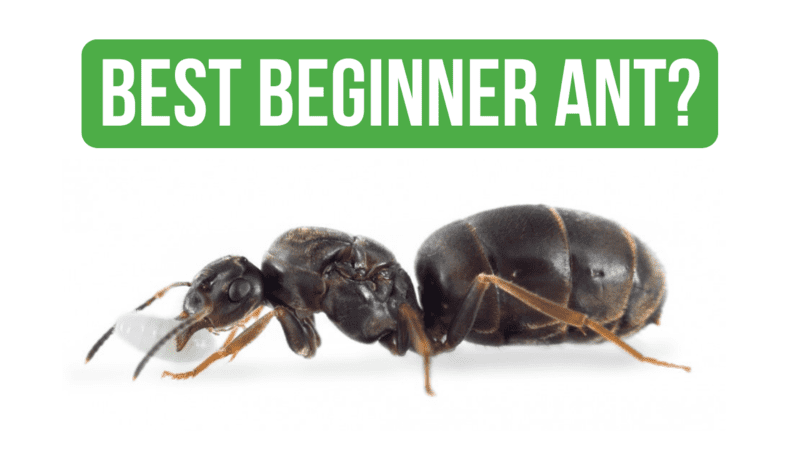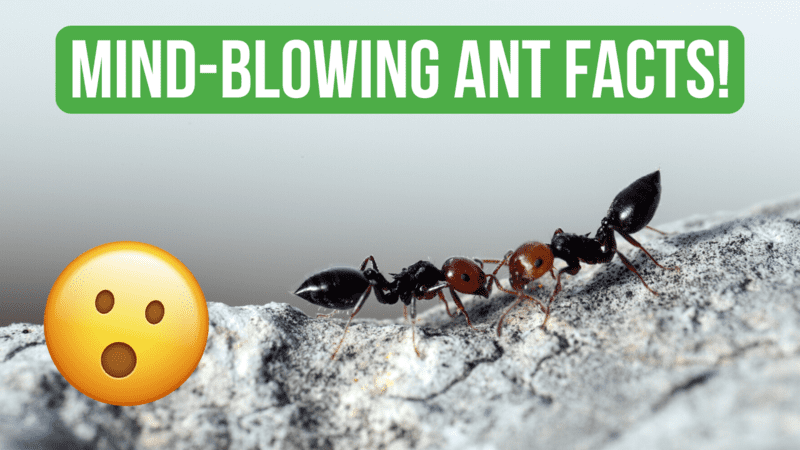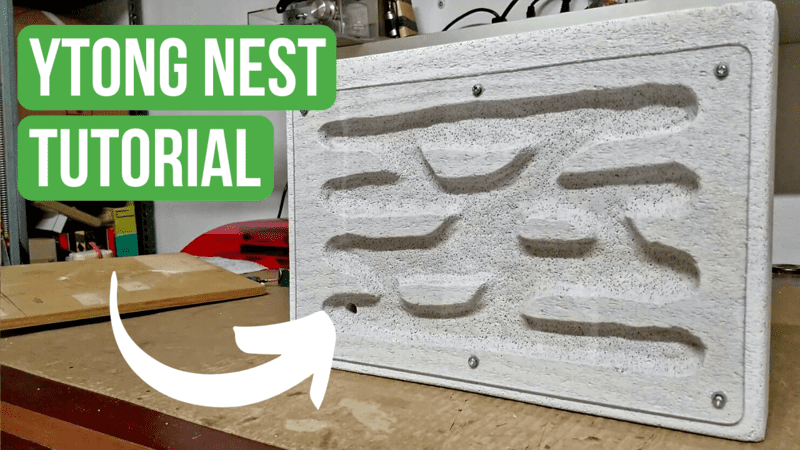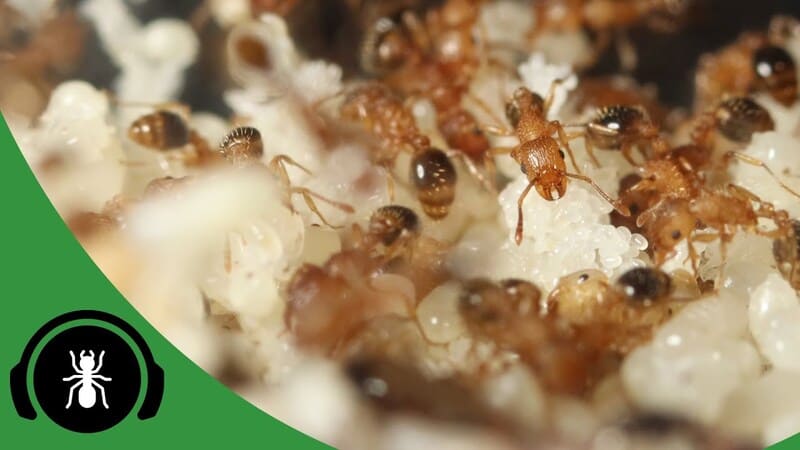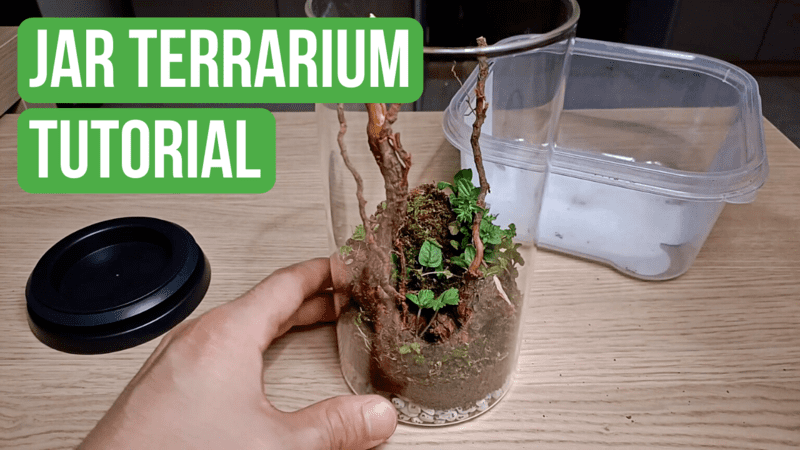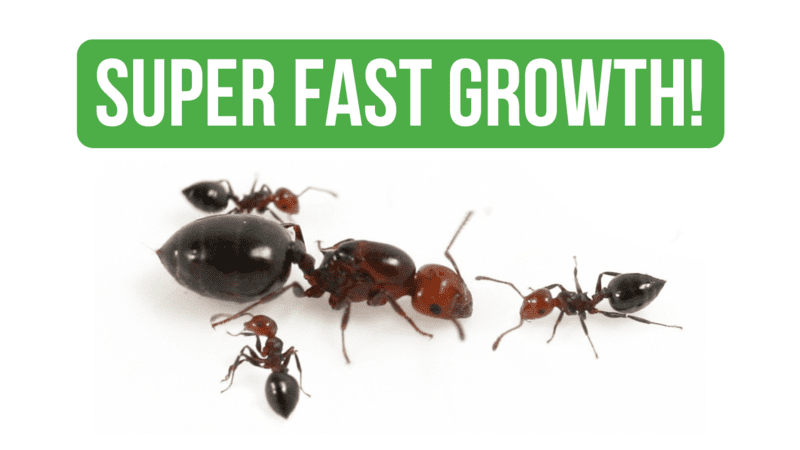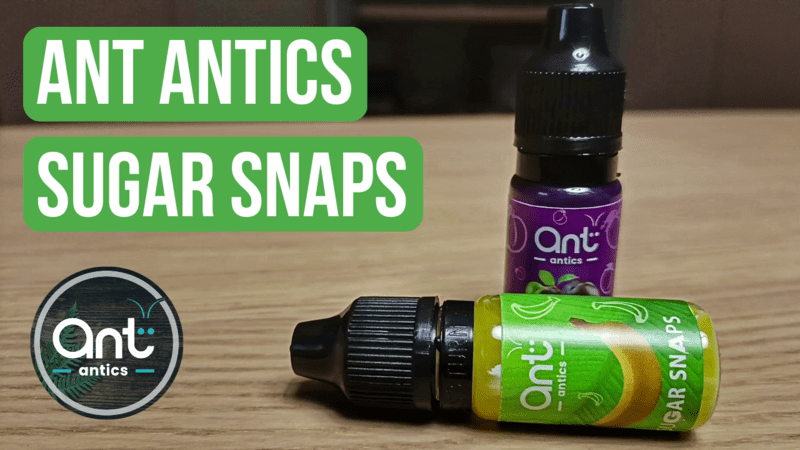5 Most Common Mistakes Beginners Make in Ant Keeping

Hi guys! I hope you’re doing well!
Today we’re going to learn about the 5 most common mistakes that beginner ant keepers make when they start this hobby!
Let’s get into it!
Introduction
Let’s start by saying this: everyone makes mistakes. Every time you start an activity for the first time, you have a ton of information to go through!
I think that one of the most useful pieces of information a beginner can receive to improve at something is a list of the most common mistakes that newbies make!
This is the reason I made this guide, and if you are new to ant keeping, I’m sure that you will find this list extremely useful! Let’s begin!
Mistake Number 1: Don’t Do Enough Research About A Species
As you probably already know, the world is full of different species of ants! All around the world, there are more than 12,000 of them! That’s a lot!
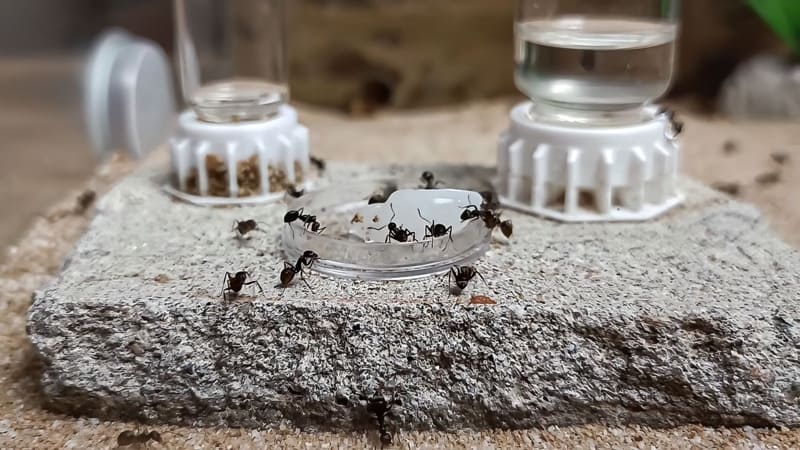
Some of them live on the tallest mountains, in extremely harsh weather conditions! Others live in the hottest deserts, in an environment with the highest temperatures on the planet!
So, as you can imagine, every ant has its own specific requirements. Factors like temperature, humidity, and food types can vary greatly among different species of ants.
Your job, as an ant keeper, is to research as much as possible about the peculiar characteristics of the species you want to keep. You need to know the humidity levels, the temperature, what food they prefer, and if and when they need hibernation.
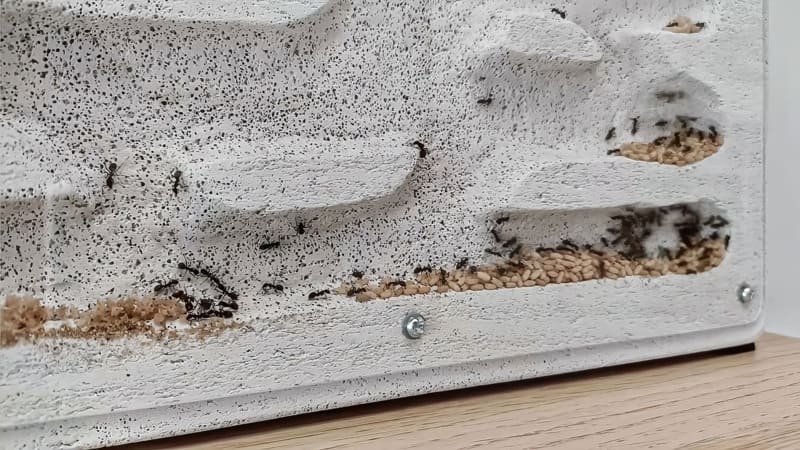
If just one of these requirements is not met, you can easily lose all the progress you’ve made! Remember, do your research before buying a queen ant!
If you're an absolute beginner and are just now starting to get interested in starting your own ant colony, I would suggest checking out this other guide! In this one, I explain how you can start this amazing hobby with just $1! Yes, you heard right! Just $1!
Mistake Number 2: Checking Your Queen Ant Too Frequently
So you’ve done all the necessary research and have finally pulled the trigger and bought your first queen ant? Congratulations! You’re in for an amazing journey!
But now comes the hard part! When the first queen arrives, all you can think about is her! I know the feeling! Every 10 minutes, you want to make sure she’s doing okay, getting ready to create an amazing and giant ant empire!
And there’s the issue: you start to check on her too much! The only thing that a newly mated queen ant needs right now is a quiet and dark space!
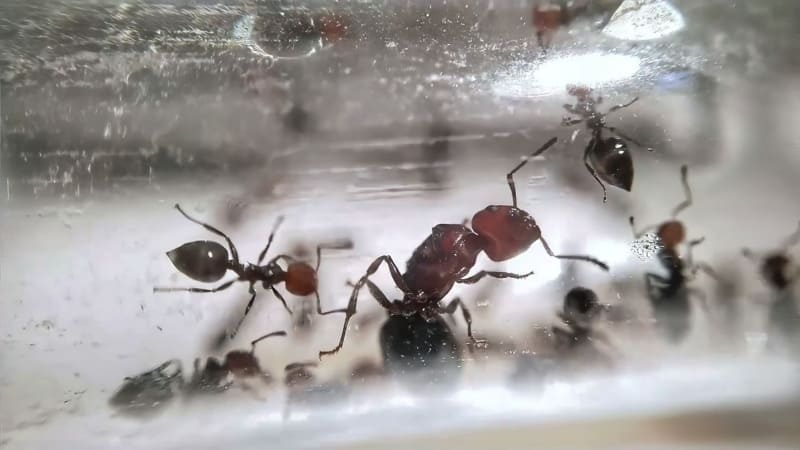
Every time you check on your queen and remove the cover of the test tube setup or the founding nest, she starts to think that the chamber she’s in has been compromised!
She might think that the place where she wants to start her own ant colony is no longer safe! This creates a lot of stress for the queen and decreases the chance that she will successfully lay her first batch of eggs!
The best thing you can do when you have just caught or bought a queen ant is to leave her alone in a dark and isolated spot! By doing this, you can be sure that she will successfully start an amazing ant colony!
If you want to find out more about the things you need to do just after getting your queen ant, I would suggest checking out this other guide! In this one, I expand on this topic, listing all the important steps you need to take at the start of your future ant empire!
Mistake Number 3: Overestimating The Pace Of Growth Of The Colony
This one is very common among first-time ant keepers. Usually, when beginner ant keepers catch or buy their first ant, they overestimate the pace of growth of the colony. In many cases, by quite a margin!
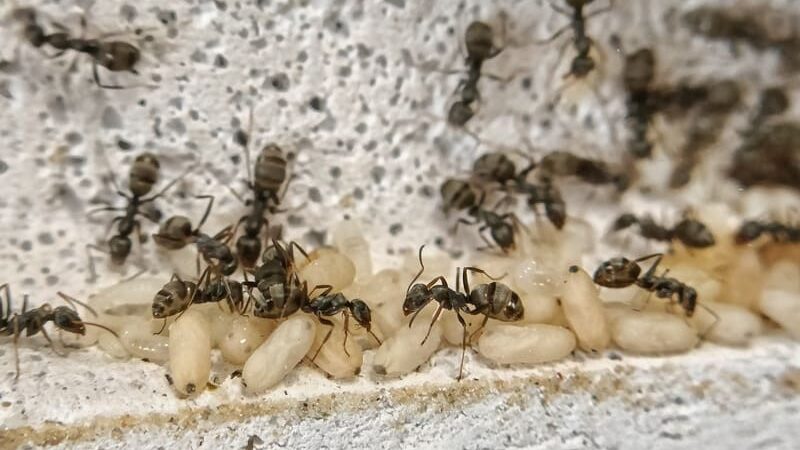
The growth rate of an ant colony isn’t linear; it resembles an exponential function. At the start, the development is very slow, and the first batch of eggs takes a long time to develop into fully formed adult workers.
Some species grow a lot faster than others, but the growth trend is very similar for all ant species. For example, a colony of Camponotus Nicobarensis takes significantly less time to reach 100 workers compared to a colony of Camponotus Ligniperda.
But once the colonies reach a considerable number of workers, they all start to grow much faster. This is likely due to the fact that, at the very beginning, all the work in the colony is done by one ant: the queen.
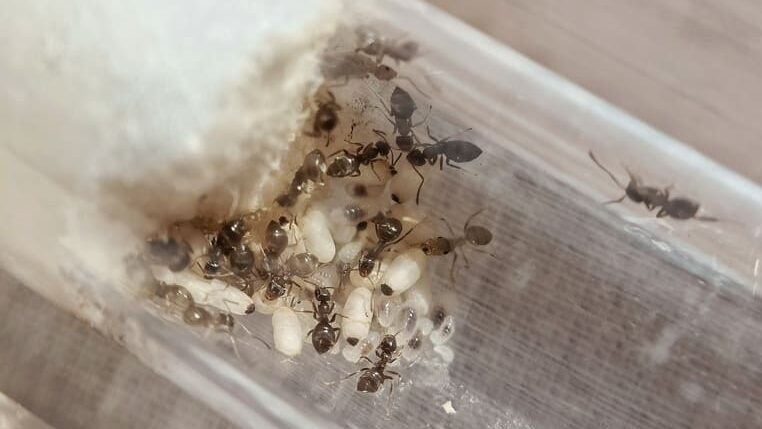
As the colony grows, so does the workforce. With more ants contributing, the efficiency of various tasks increases dramatically, enabling the colony to grow faster.
If there’s one thing that beginner ant keepers need, it’s patience, lots of it! This is probably the most important quality needed in ant keeping, and without it, it’s very difficult to achieve good results!
Overestimating the pace of growth of the colony almost always leads to another very common mistake...
Mistake Number 4: Moving The Colony Into A Nest Too Soon
This is another very common mistake made by many beginner ant keepers.
Trust me, I know the feeling. You just spent an entire day watching hundreds of videos on YouTube from your favorite ant keepers, and now you think it’s finally time to start your own ant colony! So far, no issues.
The problem begins just after you’ve caught or bought your first queen ant. Now you’re all hyped up, and you can’t wait to put the queen into your amazing new ant nest, purchased from your favorite ant keeping store! I can’t blame you; I've been there too.
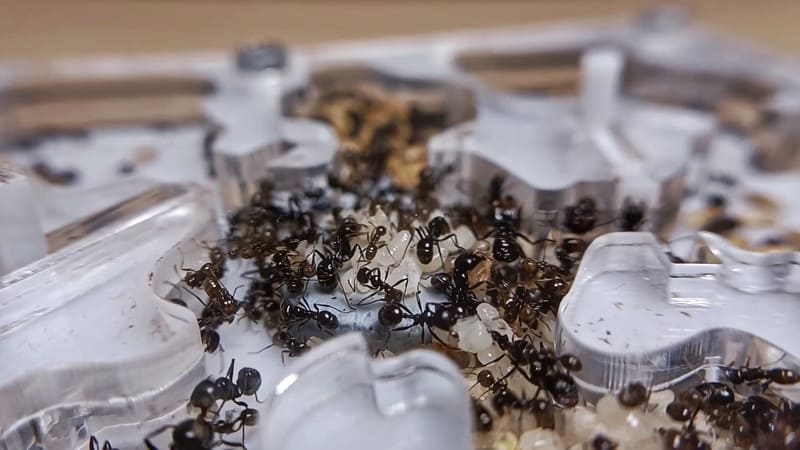
There’s just one small problem: the queen hates large spaces! If you provide the queen with a nest that is too spacious, she will likely feel very stressed. In a nutshell, the smaller the nest, the safer the queen feels!
In the wild, after mating with a male, the queen starts searching for a small and quiet space, usually in the soil, where she can begin to lay eggs. This tiny space is called the “claustral chamber.”
The claustral chambers that ants create in the wild are very small! There is barely enough space to house the queen!
When you have just caught a queen ant, or you have a very small colony with only a few workers, the best thing you can do is to keep them in a test tube setup!
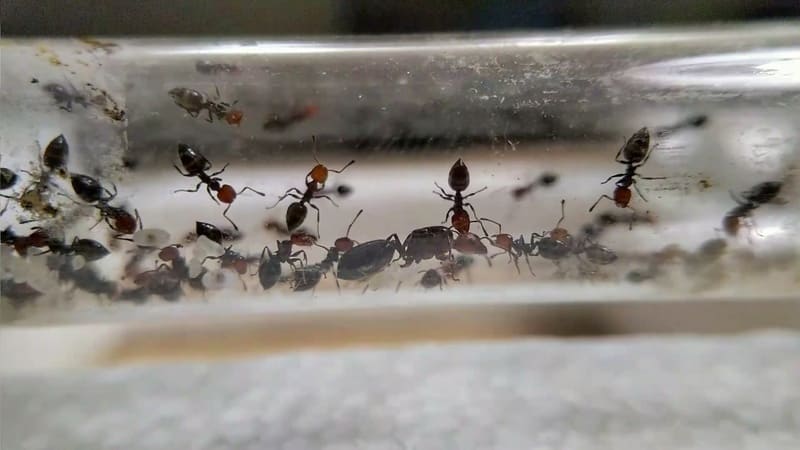
This is the best way to recreate the environment that the ants experience in the wild, replicating the same amount of space, humidity, and temperature.
If you are new to ant keeping and don’t know what a test tube setup is, I would suggest you check out this tutorial! In this one, I explain in detail everything you need to know to create the perfect test tube setup!
Mistake Number 5: Buying Exotic Ants
This mistake is a lot less common compared to the others, but nevertheless, it deserves an important place on this list!
If you usually research ants online, you will almost certainly have encountered some exotic ant species.
As a beginner ant keeper, it is very common to be really impressed by strange and unusual species of ants. Usually, that’s because these species don't live in the same area as you, and you’ve never seen one of them.
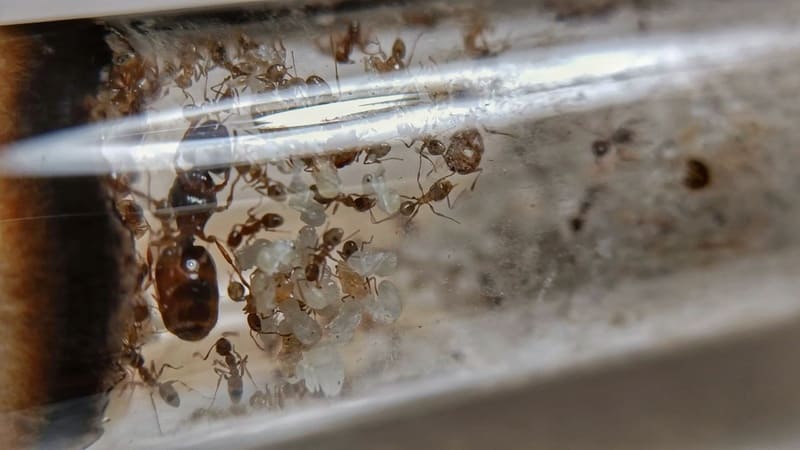
There’s nothing wrong with keeping exotic species of ants, as long as you don’t release them into the wild and provide them with the right environment.
As a beginner, you likely don’t have a solid understanding of how to take care of ants yet. For this reason, it’s very important to start this hobby with a local species. With a local species, it is much easier to recreate their natural environment, simply because you already live in it and know the little details that you can’t find online!
You know how the temperature varies throughout the year, when the ants start to exit from their nests in the spring, and what their favorite food types are. You can obtain this valuable information just by observing the ants in your backyard!
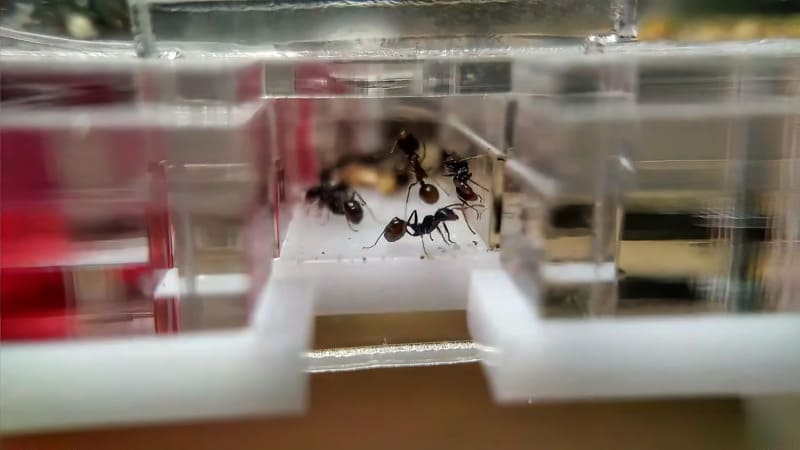
So, because of this, it is advisable to start ant keeping with a local species of ant, and only after gaining some years of experience can you begin to explore exotic species! If you are a beginner, two of the best species you can get are Messor barbarus and Lasius niger, both of which are extremely easy to care for!
So there they are! The 5 most common mistakes that the majority of ant keepers make at the start of their ant keeping journey!
I hope you have found this tutorial helpful!
If you liked this tutorial and love making DIY projects, I would strongly suggest you check out this tutorial! In this one, you will learn how to build a Ytong nest all by yourself!
FAQs
The biggest mistake is not doing enough research about the specific species of ants they want to keep.
You should check on your queen ant infrequently; it's best to leave her alone in a quiet and dark space.
Colonies grow slowly at first because all tasks are initially handled by the queen, leading to a gradual increase in worker ants.
You should not move the colony into a new nest too soon; it's best to keep them in a smaller setup until they have more workers.
No, beginners should start with local species that are easier to care for before considering exotic species.
